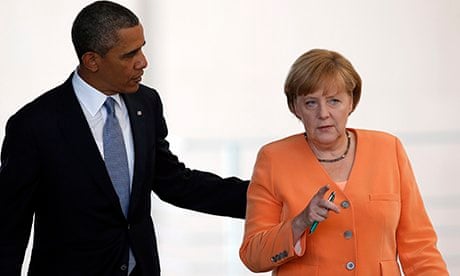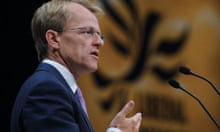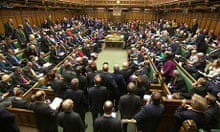The latest wave of spying scandals should prompt close scrutiny of the often bizarre mechanisms that shape the transatlantic relationship. There are of course numerous European transatlantic apologists. For them, any hint of holding the US accountable as a responsible global power goes out the window. Such lofty talk is reserved for China.
And then there is a group of largely American analysts, diplomats and journalists who make a point of challenging the Europeans on any point of principle. Their mantra goes: everyone spies on everyone – what else did you expect? They regard Europeans collectively as naive, not cut out for the tough world that's out there.
What gets lost in all this is the root cause of the current scandals. It is decidedly not that Europeans live on Venus. It is the catastrophic lack of effective checks and balances in the US.
In one sense the spying revelations show that other nations have little to complain about. They are, after all, not being treated any worse by US authorities than American citizens themselves.
What the European unease, at both the popular and senior political levels, highlights, however, is the big difference between the US and Europe. Europeans still operate under the assumption that it is critical to uphold the rule of law. The US government is more than flexible with the rule of law by turning any notion of privacy into Swiss cheese. The dangerous implications this holds for the core ideas of democracy are obvious.
But it isn't just that the US government has undermined the rule of law at home. It is that American citizens themselves, to a stunningly large extent, have bought into the notion that the "war on terror" and "Islamic extremism" justify all means. Their acquiescence, if not active tolerance, is what allows Washington to operate above the law, from drones to routinely spying on the German chancellor, Angela Merkel, and the Spanish people, to name but a few of the targets.
Being too flexible with the law imposes real costs. These begin with the hollowing out of basic democratic control mechanisms. When President Obama recently told the American people – amidst revelations about the existence of the Prism programme – that no American citizens' phone calls were being listened in on, it is hard to imagine that he did not know the truth. If he did, he lied. And if he didn't, he is clearly out of his depth and/or not in control of his administration.
Either way, such highly misleading statements by an American president are the stuff that impeachments proceedings were made for – not dalliances with interns of the Bill Clinton kind. Of course, Democrats would never dare to even mention this – and Republicans are too into spying to make a case of it.
What are law-abiding European citizens to make of all this? As allies, there is little we Europeans can do to make the Americans reconsider. If they don't believe in the rule of law for themselves, even in extenuating circumstances like dealing with a very broadly defined terrorist threat, then there is little we can achieve with Washington – other than keeping our distance.
There is one powerful weapon available, though and it's called treble damages. Before the current US supreme court turned law into a corporate handmaiden, there was a time in the last quarter of the 20th century when the United States was actually tough on itself. Specifically, American corporations that were caught in grave acts of failure really had reason to worry.
If and when a large corporation committed a major no-no, it could be sued for treble damages. The point was that, in applying a tough penalty on one company, a whole industry could be made to clean up its act – in order to avoid being exposed to similar penalties later.
The fact that US social media companies are effectively making common cause with the American government, in systematically hollowing out any rights of privacy of European citizens, provides us with a potent tool.
Americans, in the end, only take notice of things when it hits their pocket book. If and when we make European privacy regulations binding for US firms operating on our territory, and impose serious penalties (similar to treble damages) in cases of violation, only then will we have a chance of defending our European rights.
And if we do that, then today's stunningly cowed American citizens may also wake up and ask that not all rights of privacy get conveniently shredded in a treacherous double alliance of the US government and social media companies.









